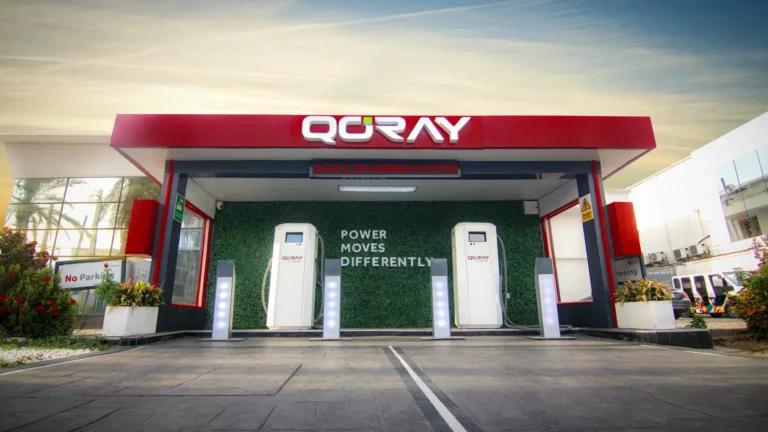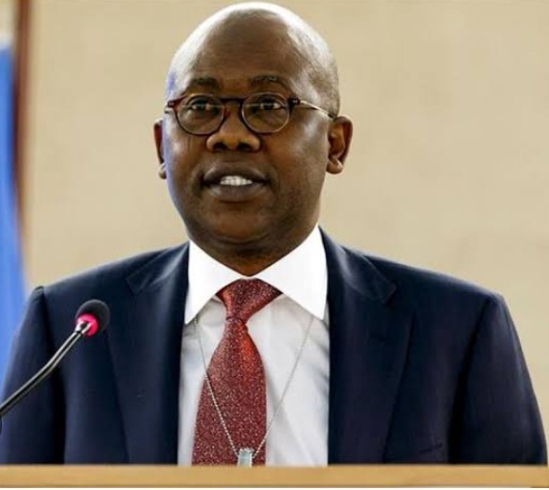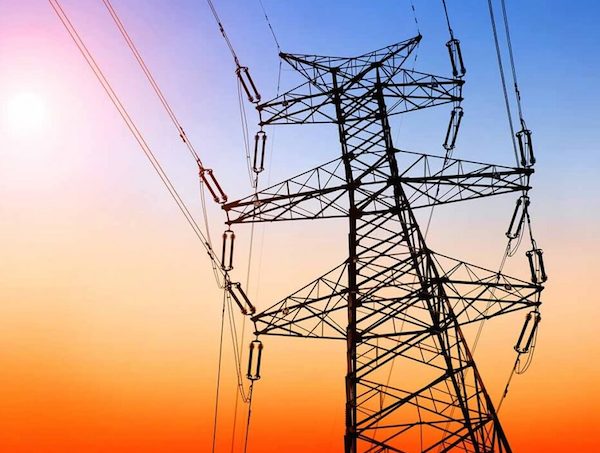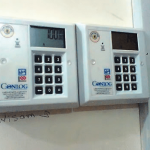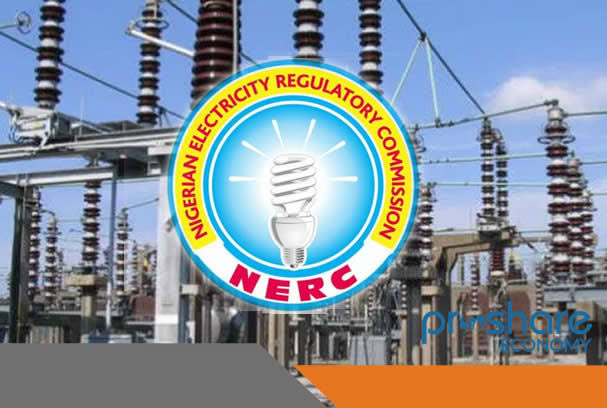Against the background of the seemingly intractable power supply problem, the disclosure, the other day, by the Minister of Power, Works and Housing, Babatunde Fashola, that 90 million Nigerians lack electricity supply is not surprising.
This is an indictment of the government and a clarion call on that same government as well as other stakeholders to do something urgently about the wobbling electricity supply situation in the country.
Of course, the question must be asked of how Fashola got his figure, using what measurement. Since 1999, all the efforts and resources sunk into the electricity sector have proven a colossal waste to the extent that little has changed.
Ninety million people represent over 50 percent of the population of Nigeria. Without real research and a reliable national database on anything, knowing how many citizens are denied electricity can only be by guesswork.
Truth, however, is that more Nigerians lack electricity that can be imagined. People suffer in silence without complaining. The Consumer Protection Council (CPC) that has the responsibility to address complaints and protect the people is unknown to most people and there is hardly any sensitization to that effect.
Fashola’s submission corroborates the explanation given by the Head of Service of the Federation (HoS), Mrs. Winnifred Oyo Ita, who, while commissioning a 60 MVA, 132/33 Power Transformer recently in Calabar the other day, said that Nigeria still suffers epileptic power supply because the power distributing companies (DISCOs), have no capacity for effective distribution of electricity generated by the generation companies.
According to her, there is huge investment in the power sector all over the country but so far as the DISCOs are not investing to improve their distribution capacity, such that they are able to send out this power to the end users, Nigerians will not appreciate the large volume of money being invested in power generation.
She said the commissioning of the power station was in line with the policy of President Muhammadu Buhari’s administration on incremental power supply through transmission rehabilitation and expansion programme to strengthen grid and infrastructure for enhanced capacity.
Fashola on his own part, made his remarks while delivering a keynote address at the annual international conference of the Centre for Petroleum, Energy Economics and Law (CPEEL), University of Ibadan (UI).
Speaking on the theme, “Developing Renewable Energy in Africa: The Interplay of Technology, Economics, and Law”, Fashola said “Africans have trillions standard cubic feet (SCFs) of natural gas reserves, billions of barrels of crude oil reserves and billions of tonnes of coal; but Africa has even greater abundance of renewable energy resources.
Unfortunately, of the nearly 1.5 billion people estimated to lack electricity supply the world over, half are in Africa. Nigeria alone is estimated to have over 90 million people living without electricity supply, according to the World Bank.”
He noted that to make electricity available to all Nigerians, efforts must be concentrated on developing renewable energy along with conventional power plants to maintain a balanced energy in the short, medium and long-term.
Fashola said renewable energies were the fastest power plants that can be deployed as the technologies required are compatible with what he described as the nation’s decentralized, stand-alone ideal for local, rural communities.
That being the case, why then has focus not shifted to renewable energy that is in superabundance in the country? Why is effort still being expended on gas-powered plants that have proven less than ideal?
That lack of electricity is one major problem confronting Nigeria is not in doubt. How to find a lasting solution has defied even the best of intentions. Fixing the problem has remained a problem and this is lamentable.
The move to privatize the sector for efficiency and effectiveness brought in the GENCOs and DISCOs that have now turned out to worsen the situation.
The explanation is given by the Federal Government that the DISCOs lack the capacity to deliver to consumers amounts to self-indictment. How did government engage companies with no capacity?
Since it is now obvious that the private electricity companies cannot perform what does government intend to do?
It was for that reason that a man like Fashola, who demonstrated extraordinary brilliance and capacity for hard work as governor in Lagos State was made Minister of Power, Works, and Housing to tackle the problem. No doubt, he is doing his bit.
There is no need for him, however, to remind Nigerians of the already known awful state of power supply. What Nigerians want to hear is what has been done to improve the situation.
It is needless lamenting. The fact is that Nigeria is facing a precarious electricity situation that needs to be fixed. The import of fixing it cannot be overemphasized since economic growth and development squarely depend on a constant power supply.
After knowing the number of people who lack electricity, what is the government doing about it?
A number of things have not been properly situated. The pre-paid meter that was supposed to be installed for consumers has become a burden. Most consumers are yet to get it while outrageous bills are still being issued recklessly. Besides, the electricity distribution infrastructure is poor and decrepit.
Meanwhile, given the failures that are glaring in all sectors of the economy, federalism remains the only solution. Decentralisation of the power sector, as well as other sectors, would bring about the desired turnaround.
Nigeria needs salvation. And that salvation can only be found in running a proper federal structure in Nigeria.
Source: iwin.org.ng

